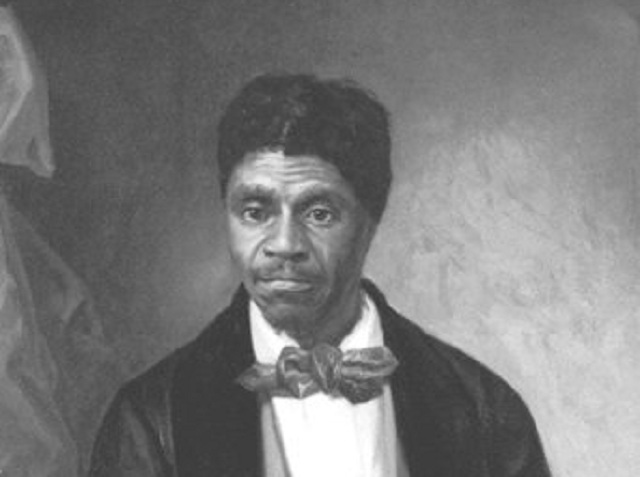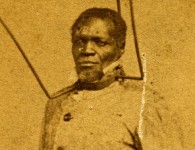In March 1857, in one of the most controversial events preceding the American Civil War (1861-65), the U.S. Supreme Court issued its decision in the case of Dred Scott v. Sanford. The case had been brought before the court by Dred Scott, a slave who had lived with his owner in a free state before returning to the slave state of Missouri. Scott argued that his time spent in these locations entitled him to emancipation.
In his decision, Chief Justice Roger B. Taney, a staunch supporter of slavery, disagreed: Taney announced that slaves were not citizens of the United States and had no rights to sue in federal courts, and in fact, blacks couldn’t be citizens.
“There are two clauses in the Constitution which point directly and specifically to the negro race as a separate class of persons, and show clearly that they were not regarded as a portion of the people or citizens of the Government then formed,” Taney argued.
The court also declared the Missouri Compromise of 1820 to be unconstitutional. And it said that Congress did not have the authority to prohibit slavery in the territories.
The decision was celebrated in the South and by slavery supporters. It incensed abolitionists and heightened North-South tensions, which would erupt in war just three years later.
The Dred Scott case was a focal point of the famous debates between Lincoln and Stephen Douglas in 1858.
It also made the Republican Party a national force, and led to the division of the Democratic Party during the 1860 presidential elections.
The growing power of the Republicans, who received considerable support from the northern states, directly led to fears in the South that slavery would be ended, and those fears started the momentum for secession and the Civil War.
Read More@http://www.history.com/topics/black-history/dred-scott-case
Source http://blog.constitutioncenter.org/2013/03/dred-scott-decision-still-resonates-today/





















No comments